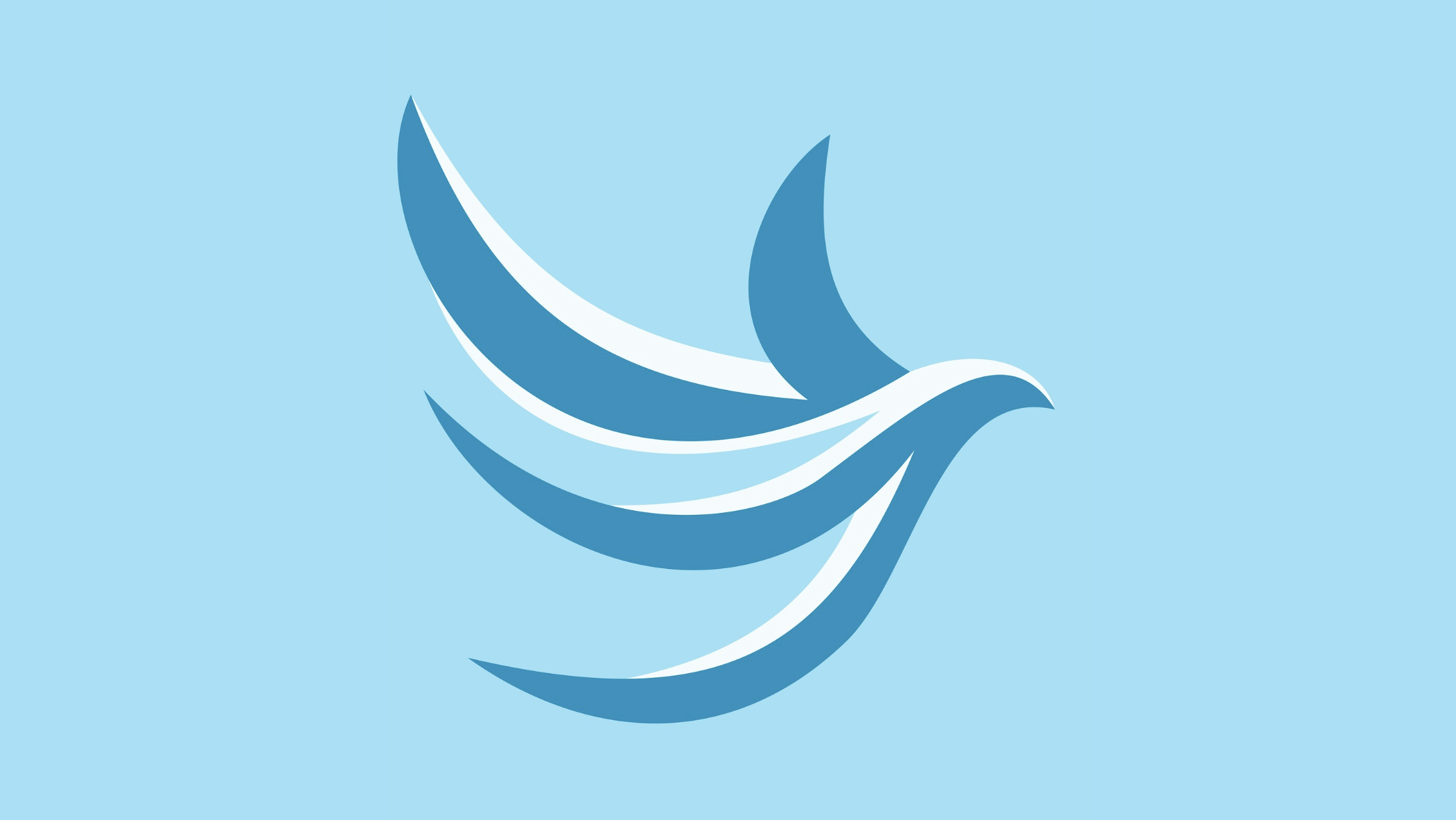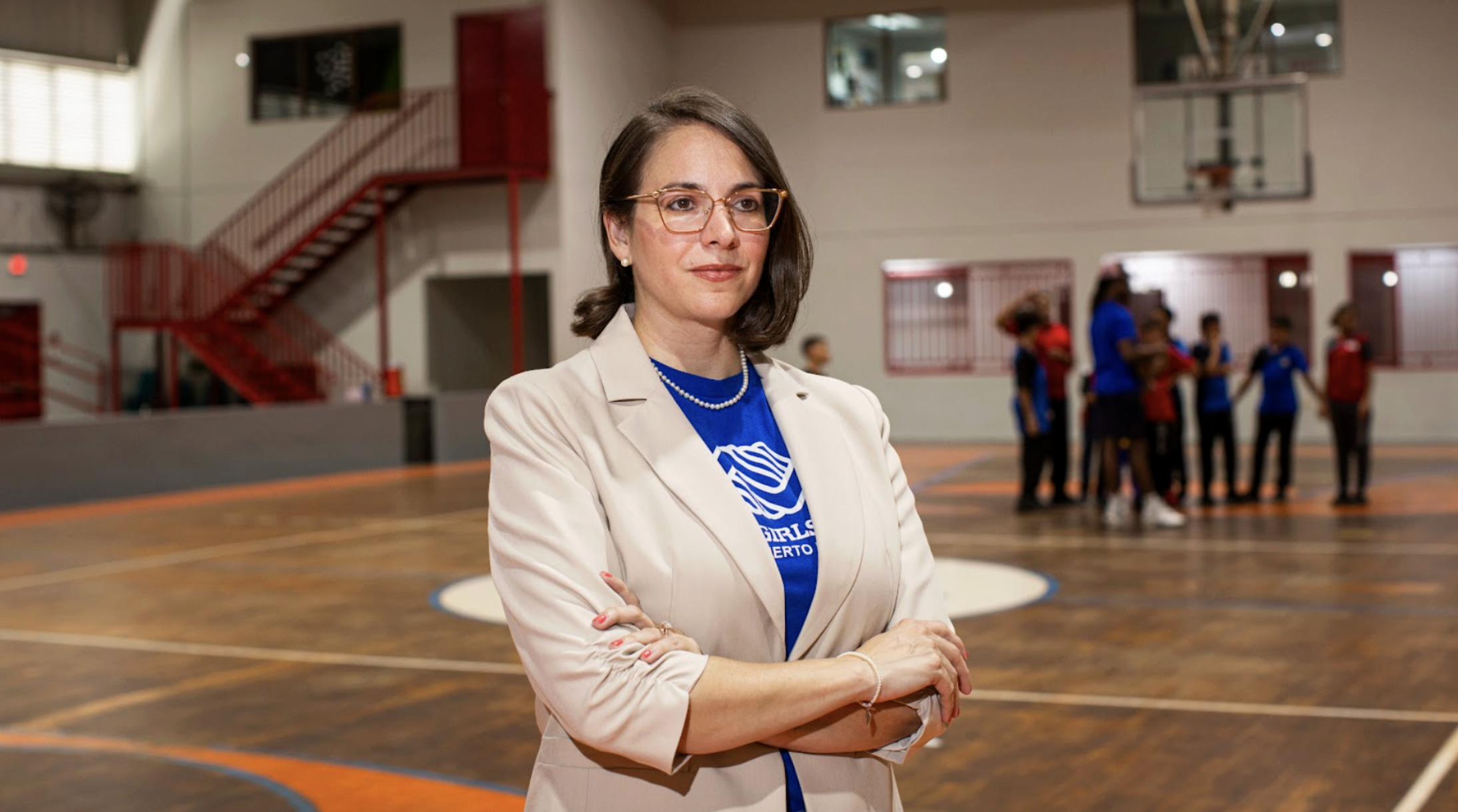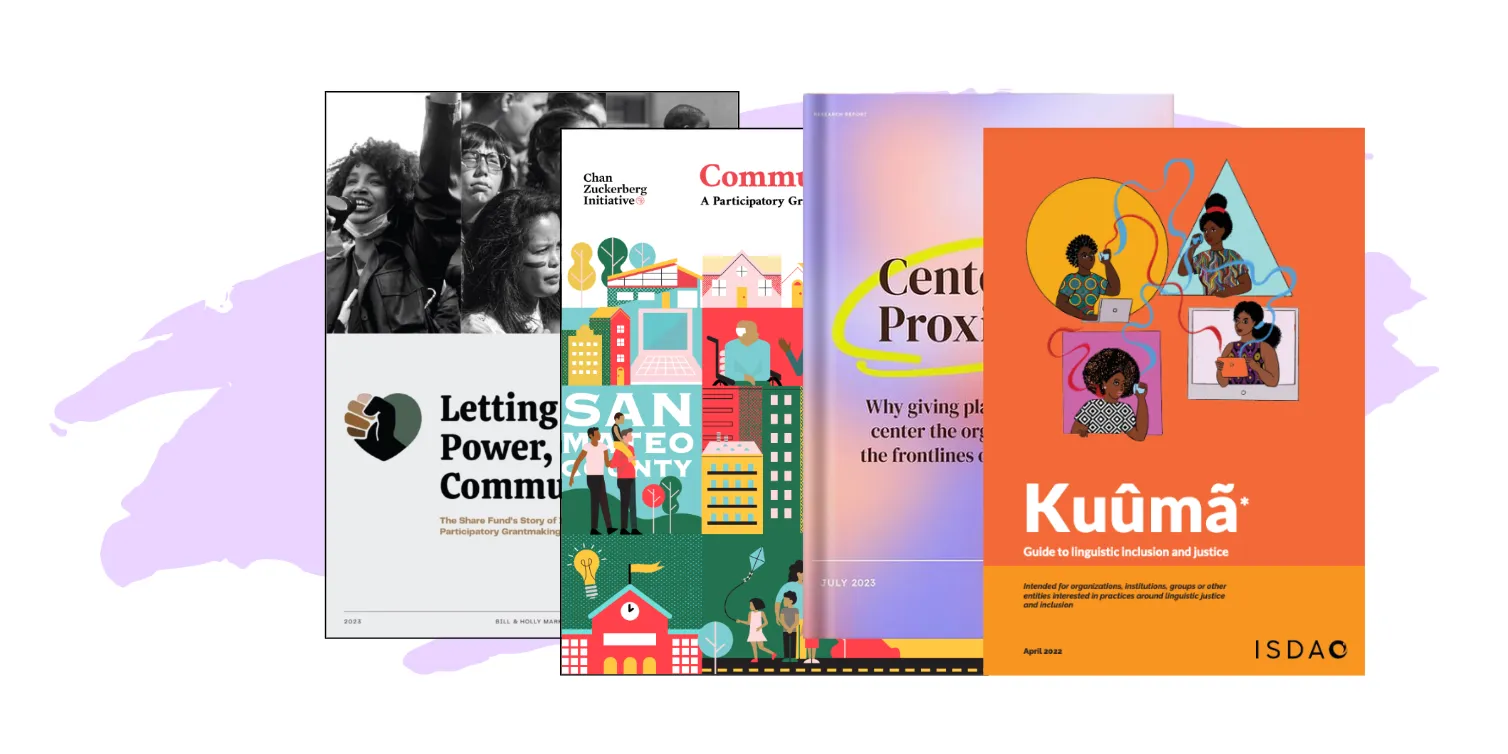As a global communications expert, I remind clients of one truth: words are never neutral. They carry histories. They uphold systems. They shape how we see ourselves and each other.
When language is rooted in a colonial mindset, it reinforces the very hierarchies we claim to dismantle. And yet, in social impact spaces, certain terms are repeated without question—as if they’re harmless, as if intention erases impact.
It does not.
And when narratives go unchallenged, they do more than shape perception. They shape funding flows, policy priorities, and which ideas are seen as “investable.” Language informs the lens through which philanthropy defines its purpose. It determines who gets resourced, who gets sidelined, which models are deemed “effective,” and whose leadership is considered “scalable.”
We cannot build equitable systems with inequitable language. And in philanthropy, that matters deeply. Because language does not just live in mission statements. It shows up in grant guidelines, strategy decks, board reports, and impact reports. It decides what counts as innovation. Who gets trust. Who gets questioned. And whose ideas are seen as a risk instead of a return.
Let’s talk about three of the most common culprits that dehumanize and create unintended harm.
1. Empower
On the surface, it sounds uplifting. Who would object to “empowering women”? But look at the definition of the word: someone with power gives it to someone without. It frames power as a gift. It positions the giver above the receiver—often a wealthy, white, male-led institution bestowing “opportunity” upon women they deem powerless.
That is simply false.
Women are not empty vessels waiting to be filled. We already hold immense power—so much so that entire systems have been built to suppress it. Saying “empower” erases this truth and reinforces the imbalance we claim to fix.
If we are serious about equality, we need words that acknowledge existing power. Amplify. Uplift. Support. Connect. These recognize what is already there, rather than framing power as something to be given.
When funders stop seeing their money as “empowering women” and start recognizing women as architects of their own lives—not waiting for handouts—it changes where resources go, how they flow, and who gets to lead.
2. Global South
It sounds academic, even progressive—a tidy replacement for “third world.” But the term is not about geography.
Australia sits in the southern hemisphere and is not part of the “Global South.” India, firmly in the northern hemisphere, is. The label exposes its true purpose: a convenient way for global powers to avoid saying, “formerly colonized by us, historically oppressed by us, structurally exploited by us.”
Language like “Global South” allows the “Global North” to speak about inequity without confronting its role in it: those who colonized and continue to hold power, and those who were colonized and whose resources and autonomy were stolen.
And it gives philanthropy cover. By using neutral-sounding language, funders can speak about inequity without confronting their role in it. It is easier to say “underserved regions” than to reckon with the global structures that intentionally under-resourced entire nations.
Language like "Global South" gives philanthropy cover. It is easier to say “underserved regions” than to reckon with the global structures that intentionally under-resourced entire nations.
Instead, using the term “previously colonized” centers history, not hierarchy. Acknowledging this shared history is not about blame—it is about naming reality so philanthropy can move beyond surface gestures to real accountability. Naming the truth shifts the narrative—and narratives shape how funding flows.
If we are serious about equity, then we must call things what they are. Not to shame, but to stop pretending the playing field was ever level. Language like “previously colonized” invites accountability, not abstraction. And that is where real change begins.
3. People of Color
This phrase is often worn like a badge of inclusion. But look closer: it centers whiteness as the default. White people are “people,” everyone else is “of color” — the “other.”
It flattens vastly different experiences into a single, catch-all category, and masks bias under the appearance of unity while reinforcing white-centered frameworks.
Instead, I use “melanin-rich”—a term that centers what we have, not what we lack. Melanin protects and preserves. It is so valued that white people will risk cancer, wrinkles, and fortunes to imitate it. It is abundance, not deficiency.
In philanthropy, when funders say they support “POC-led organizations,” it often stops at optics. A deeper narrative shift would center lineage, lived experience, and community-specific solutions—not just check one vague diversity box.

This is not about nitpicking words. It is about recognizing that language is one of the most powerful tools we have to shape reality. When our words uphold colonial mindsets, they reinforce the very structures we claim to dismantle.
Narrative shapes funding. And funding shapes futures.
So, the next time you write a grant guideline, shape a funding strategy, or describe your partners, pause. Ask yourself:
- What history does this word carry?
- Whose perspective does it center?
- What power dynamic does it assume?
Because words matter. And when we choose them with precision and courage, they can do more than describe the world — they can redirect capital, challenge old frameworks, and tear down the systems they have long sustained.

.webp)








.webp)

%20(1280%20x%20720%20px)%20(41)%202.webp)
%20(1280%20x%20720%20px)%20(38).webp)
%20(1280%20x%20720%20px)%20(31).png)


%20(1280%20x%20720%20px).webp)











.webp)






.webp)
.gif)

.webp)


.gif)













